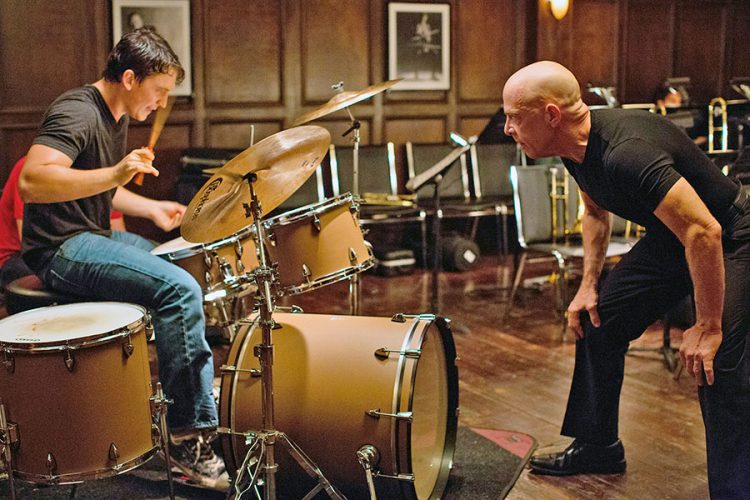On the one hand, some Roman Catholics have had it with political liberalism and are calling for a return to integralism or the state’s subjection to the church. That would resonate well with Pius X (but not with the Second Vatican Council):
That the State must be separated from the Church is a thesis absolutely false, a most pernicious error. Based, as it is, on the principle that the State must not recognize any religious cult, it is in the first place guilty of a great injustice to God; for the Creator of man is also the Founder of human societies, and preserves their existence as He preserves our own. We owe Him, therefore, not only a private cult, but a public and social worship to honor Him. Besides, this thesis is an obvious negation of the supernatural order. It limits the action of the State to the pursuit of public prosperity during this life only, which is but the proximate object of political societies; and it occupies itself in no fashion (on the plea that this is foreign to it) with their ultimate object which is man’s eternal happiness after this short life shall have run its course. But as the present order of things is temporary and subordinated to the conquest of man’s supreme and absolute welfare, it follows that the civil power must not only place no obstacle in the way of this conquest, but must aid us in effecting it. The same thesis also upsets the order providentially established by God in the world, which demands a harmonious agreement between the two societies. Both of them, the civil and the religious society, although each exercises in its own sphere its authority over them. It follows necessarily that there are many things belonging to them in common in which both societies must have relations with one another. Remove the agreement between Church and State, and the result will be that from these common matters will spring the seeds of disputes which will become acute on both sides; it will become more difficult to see where the truth lies, and great confusion is certain to arise. Finally, this thesis inflicts great injury on society itself, for it cannot either prosper or last long when due place is not left for religion, which is the supreme rule and the sovereign mistress in all questions touching the rights and the duties of men. Hence the Roman Pontiffs have never ceased, as circumstances required, to refute and condemn the doctrine of the separation of Church and State.
But then, in some of the very same outlets where political liberalism has been taking it in the shorts, we see calls for the laity to stand up and be counted when the bishops appear to be so complicit and helpless in the current revelations of sex scandals and cover-ups. The problem here is that the older view of church and state also involved an idea about clergy-laity relations that was not exactly modern. Cue Piux X again:
…the Church is essentially an unequal society, that is, a society comprising two categories of per sons, the Pastors and the flock, those who occupy a rank in the different degrees of the hierarchy and the multitude of the faithful. So distinct are these categories that with the pastoral body only rests the necessary right and authority for promoting the end of the society and directing all its members towards that end; the one duty of the multitude is to allow themselves to be led, and, like a docile flock, to follow the Pastors.
Oops.


” the one duty of the multitude is to allow themselves to be led, and, like a docile flock, to follow the Pastors.”
Was he infallible that day? More seriously though, for all the heat Neuhaus took for his demand that people believe the bishops because they are bishops, there is firm support for his stance in the tradition of the RCC.
LikeLike
If only those who call themselves “Augustinians” understood that justification is not through individualistic faith in Christ’s death alone but also through God’s means of grace in the visible mother church.
https://www.gospeltruth.net/verduin/stepchildren.htm
Augustine: “Paul was compelled by Christ; therefore the Church, in trying to compel the Donatists, is following the example of her Lord . . .. Wherefore, if the power which the Church has received by divine appointment in its due season, through the faith of Kings, be the instrument by which those who are found in the highways and hedges–that is, in heresies and schisms–are compelled to come in, then let them not find fault because they are compelled”
Augustine: “What then is the function of brotherly love? Does it, because it fears the short-lived fires of
the furnace for a few, therefore abandon all to the eternal fires of hell?”
Augustine: “Why, therefore, should not the Church use force in compelling her lost sons to return, if the
lost sons compelled others to their eternal death?”
Theodore Beza: “The contention that heretics should not be punished is as monstrous as the contention that patricides and matricides should not be put to death; for heretics are a thousandfold worse criminals than these.”
LikeLike